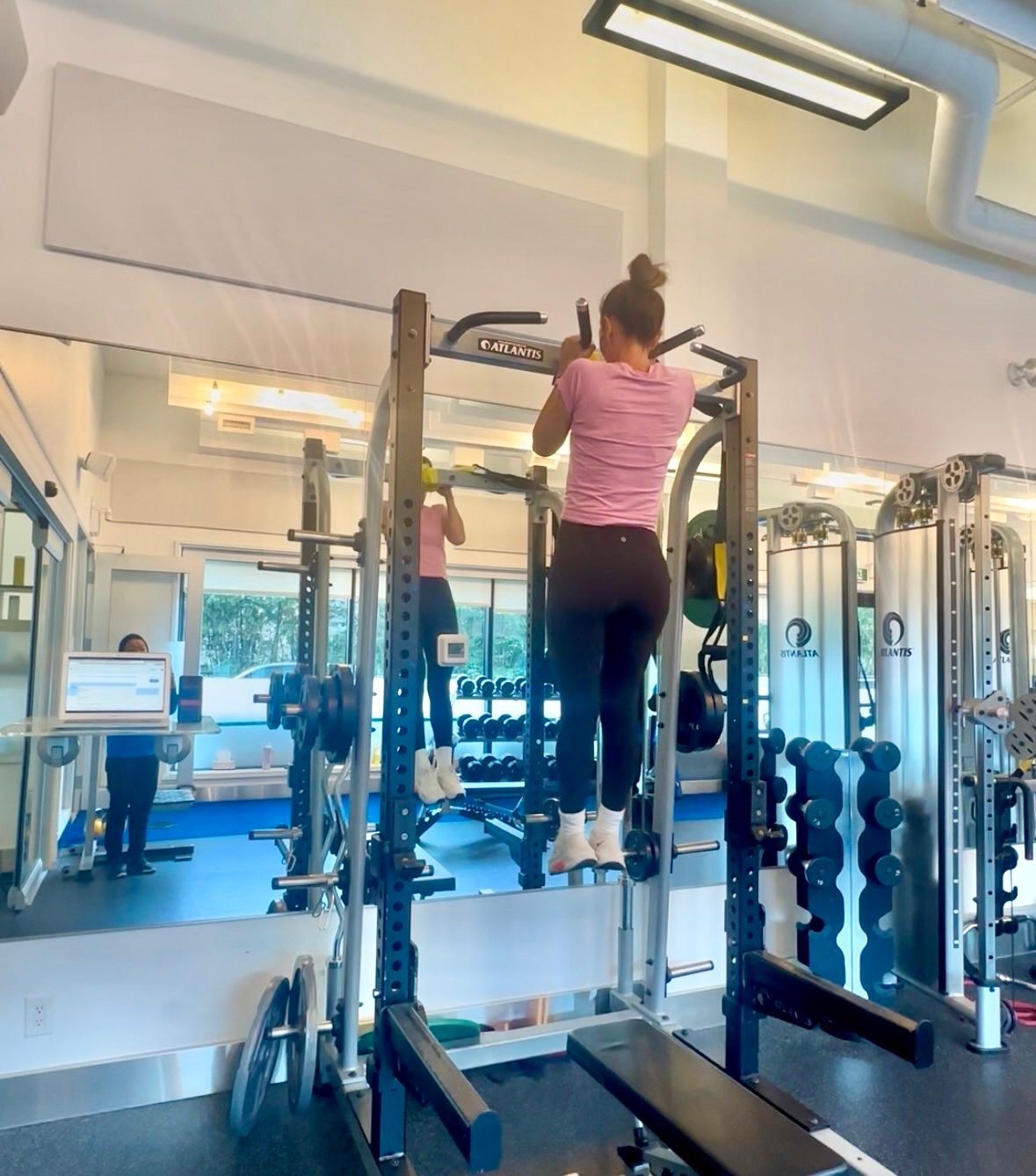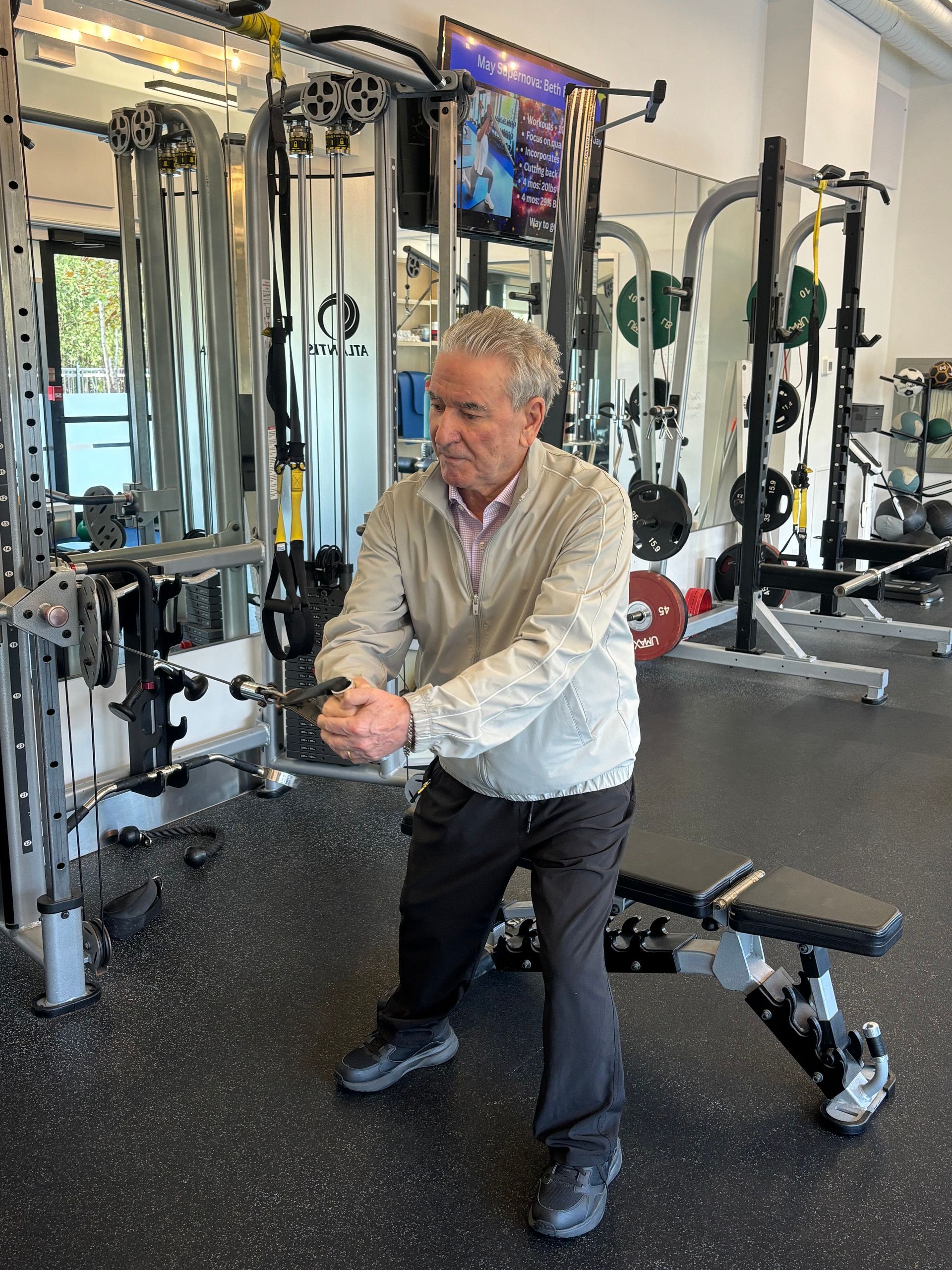Immune Function: Boosters & Busters
What You Should Be Doing and Avoiding For Better Immune Function
In this bonus installment of Improving Immunity, let’s bring everything together and look at some of the best and worst things you could be doing for your immune function. Whether it be food, sleep, exercise, or something else altogether. Take a peek at our list of top immune system boosters and their counterparts:
Boosters:
Socialization - We love to get together with friends and family. It allows us to catch up, spend quality time with those we love, and explore common interests. It seems that all of these things help regulate our immune systems. Close personal relationships, and a great marriage can help power up your immunity!
Fiber - Enough fiber can help you be more regular, lower your cholesterol, and regulate your blood sugar. Fiber also modulates immune function via gut-associated lymphoid tissues (GALT). This is a fancy way of saying that fiber helps turn on the immune system by shaking hands with your gut. Keep on eating that fiber!
Regular exercise - But of course! This was Part 3 of our series! I wanted to include exercise in our list not just because Nova focuses primarily on improving health through exercise, but also to encourage you to recognize that something is always better than nothing. Even a regular brisk walk on its own can reduce your days spent sick by half!
Vitamin D - Time and time again, studies have shown that this fat soluble vitamin plays an important role in strengthening our immune system. Deficiencies in vitamin D are associated with increased autoimmunity and increased susceptibility to infection.
Busters:
Added sugars - Sugar generates a low-grade inflammation in the body. The typical Western diet has plenty of sugar, in every single meal, keeping us in a constant state of low-grade inflammation. Simple sugars have been shown to reduce our white blood cells’ ability to eliminate harmful bacteria. The same problem is not created when eating complex carbs like starches, so stick to them!
Heavy salt - Most of us know that too much salt in our diet raises blood pressure, increasing risk for stroke and heart attack. With respect to immunity, some salt can actually stimulate immune function, but too much salt can compromise it. A recent study showed that neutrophil (an antibacterial white blood cell) function is reduced in high-salt diets. Season accordingly!
Alcohol - Aside from a nasty hangover, alcohol can also inhibit immune function. Regular excessive alcohol consumption increases risk for certain cancers, and slows recovery from infections and physical wounds. The body’s immune pathways become disrupted, starting with alcohol’s first contact: impaired gut function.
Stress - Nobody enjoys being stressed. Neither do our immune systems. A large analysis of different stressors’ effects on the immune system found that chronic stress had a negative effect on almost all measures of immune function. Stress can be physical, emotional or mental. Even intense exercising when you are under other stressors can have a negative affect on your immune system. Chronic stress is basically a carpet bomb for your immune system. Now, if somebody cut you off today in traffic, but you are otherwise low-stress, don’t worry! Acute stressors do not have the same effect on immune function.
We really hope you enjoyed this series on Improving Immunity! Hopefully you are more well-prepared and motivated to pump up your immune function with great sleep, moderate exercise, and health eating habits!
In case you missed our previous blogs from this series, you can read them here:
Improving Immunity Part 1 - Sleep
Improving Immunity Part 2 - Diet
Improving Immunity Part 3 - Exercise











